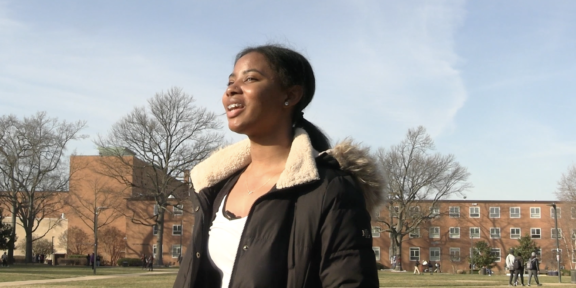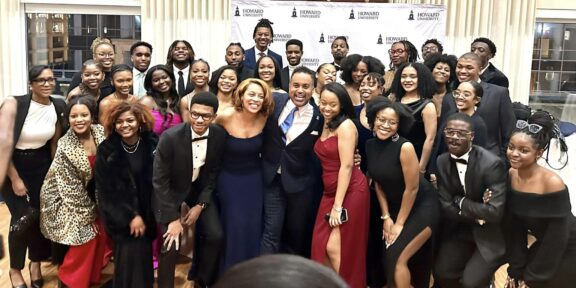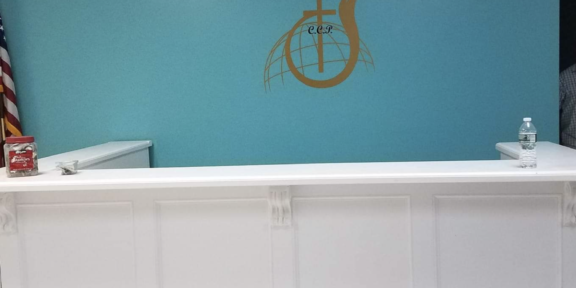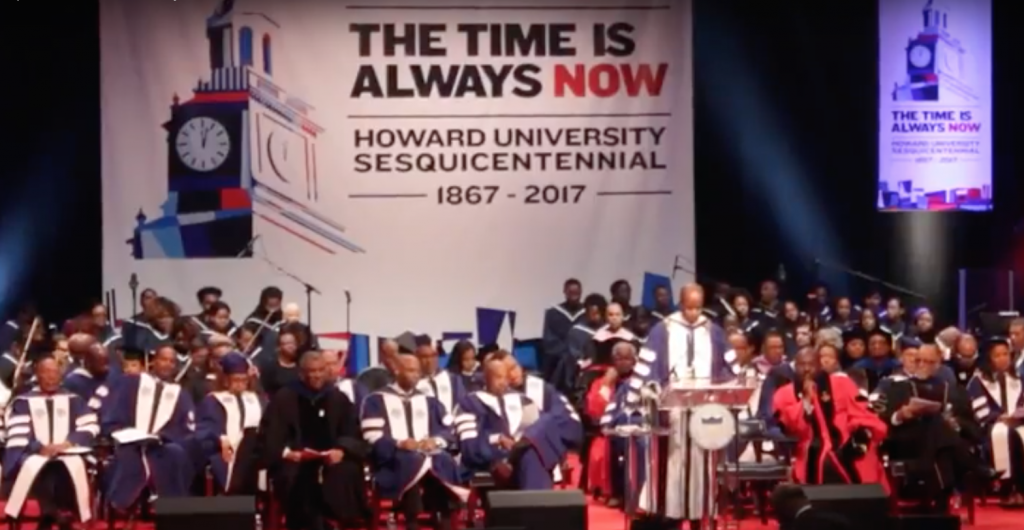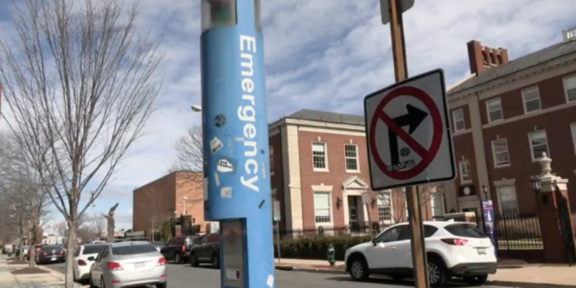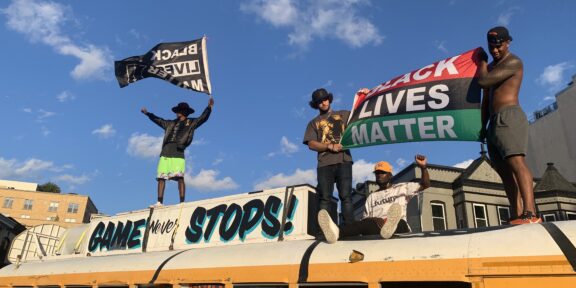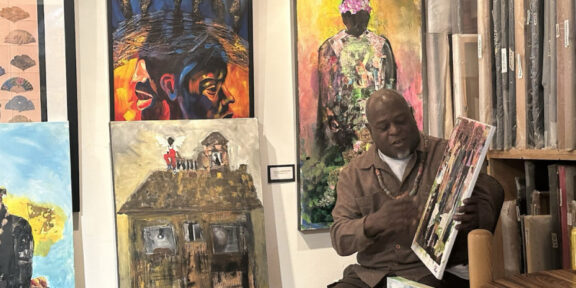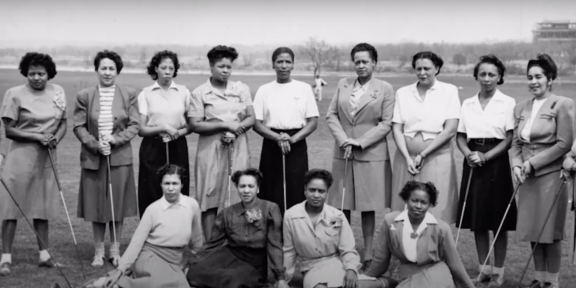Story by Jada Ingleton
Video by Azaria Jackson
In honor of Black History Month, the White House hosted an Afro-Latino Heritage event that highlighted the spirit and contributions of the Afro-Latinidad community while also paying homage to some of its foremost change-making leaders.
The Feb. 22 event was marked by music, celebration, and what attendees said was immense pride and honor. Joined by the Congressional Hispanic Caucus Institute (CHCI), the White House welcomed Afro-Latinos and allies from near and far.
This year, the Association for the Study of African American Life and History (ASALH) chose the theme of “African Americans and the Arts” to spotlight the presence of Black roots in society, much of which is attributed to Afro-Latinos.
Aligned with the theme, the event featured musical performances by Afro-Cuban musician Cimafunk and “Encanto” voice actor Mauro Castillo. A fireside chat was held with Cuban American actress Gina Torres, author and co-host of “The View” Sunny Hostin.
Attending the event was actress Paige Hurd, who emphasized the importance of such gatherings.
“This [event] is important just to see that we have a voice. This is a huge platform to be speaking on…and it’s important to have us speak out,” she said. “I feel like it’s important to have us on screen, in the arts, in music because we’re here.
“Our children and the people who come behind us need to see that we are their representation.”
Contributors to Latin music including Cimafunk, whose real name is Erik Alejandro Iglesias Rodríguez, led attendees to dance to the sounds of blaring trumpets and bass drums representing the rhythms of their culture.
“The new generation is coming, and they are coming hungry,” he said. “I’m happy to be able to share with people that we are working together [and] supporting each other.
“We’re more connected with our roots, our identity. We’re more connected with the fact that we are moving forward.”
The Grammy-nominated artist said his mixed background is “everything” to his sound and said that learning to embrace it changed his relationship with music.
“That was a door opened,” he said. “Everything changed because everything had meaning. I was more confident, more strong like I could do many other things.
“Once we get connected with the information in our genes…we’re able to really understand what all we have [to offer] in ourselves.”
Attendees initiated dialogue about the path Afro-Latinos have forged and the ongoing need for more representation and advocacy in the industry.
Hostin says she is working on multiple projects with Disney to spotlight underrepresented groups and share moments of empowerment and resilience while navigating a business that lacked adequate representation of its community.
Similarly, Torres shared experiences of navigating the industry, having come up during a time when multiethnic figures were often made to “choose” between their heritages.
“They just weren’t interested in working that hard to tell the story. There has been such a desert of education regarding the intersection between culture and race. Thankfully, I think we’ve come out on the other side,” said Torres. “Events like this help spotlight that it’s not complicated, it’s just us. It’s history. We’ve been here all this time.”
According to Torres – the first Afro-Latina to create, produce, and star in her show with spinoff “Jessica Pearson” – part of the solution is simply allowing Afro-Latinos to show up as their authentic selves and represent themselves in the arts.
“Art is subjective–you bring to it who you are and what you are. If I couldn’t be authentic in my life, it didn’t make sense that I was going to be authentic in my work,” Torres said. “To be celebrated as part of Black history in this country means that I don’t have to choose. I get to love and respect and admire all of me, all of you, everyone’s accomplishments, with a Spanish accent.”


